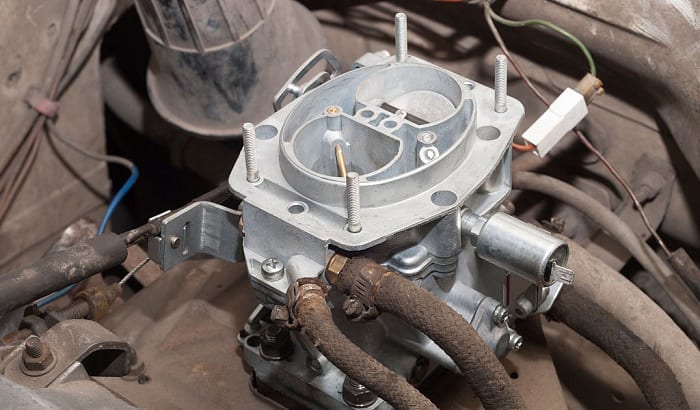Why are gold ETF funds better than physical gold?

Gold needs no introduction; it has been one of the most traded assets for almost thousands of years. Indians may or may not invest in any investment avenue, but they will definitely invest in gold. Gold has both cultural as well as traditional value. Investors prefer gold because over the years it has act as the proper hedge against falling current rates and has also known to offer cushion against inflation. Another reason why people prefer gold is that they offer immense liquidity allowing investors to sell this precious yellow metal and receive sum equivalent soon. The new method of investing in gold has refined the way we perceive gold investments. While several people are concerned of investing in gold because they fear its security, you can now invest in gold in digital form through gold exchange traded funds.
What are gold exchange traded funds?
An Exchange Traded Fund (ETF) is a mutual fund scheme whose units are traded like any other company stocks at the exchange. ETF units are traded on indices on which the ETF fund is listed at market-determined prices. It is easy to buy or sell your Exchange Traded Fund units at any hour when the market is live. Although you will need a demat account to hold your ETF units.
What a gold ETF does is that it aims at creating wealth by investing in gold bullion and tracking down the domestic gold prices. Usually one unit of a gold ETF is equivalent to the value of one gram of gold. Through gold ETFs investors get an exposure to how the gold prices fluctuate depending on market Stock Exchange) or BSE (Bombay Stock Exchange).
Are gold ETFs better than investing in physical gold?
To understand which is a better investment avenue for investing in gold let us find the difference between gold ETF and physical gold:
| Criteria | Gold ETFs | Physical gold |
| Availability | Gold ETFs are available with Asset Management Companies both online as well as offline | One can invest in physical gold by purchasing from a jeweler both online and offline |
| Purity | Invests in gold that is 99.5 percent pure as per international gold standards | May vary depending from vendor to vendor |
| Storage | Investors need a demat account to store their gold ETF units | Investors may need to have a bank safety vault to ensure the security of physical gold |
| Redemption value | Gold ETF units are sold at the exchange depending on their current NAV (net asset value) | The value of physical gold may differ depending from jeweler to jeweler |
| Returns | Returns are subject to the fluctuations in the price of domestic gold prices | With time, the value of physical gold may depreciate |
| Charges | All an investor has to do is pay the expense ratio levied on the gold ETF | Investors may have to pay making charges as well as any other charges involved in the purchase of physical gold |
From the above comparison between gold ETF and physical gold, one can safely say that owning gold in form of ETF units is much feasible than investing in gold in physical form. One doesn’t have to pay making charges for investing in digital gold through gold ETFs. One doesn’t even have to worry about its authenticity as gold ETFs invest in gold that is 99.5 percent pure. However, gold ETFs do not guarantee returns and their performance is purely based on the performance of its underlying assets.
If you are new to mutual funds and aren’t sure if gold ETFs can help you with your investment goals, please seek the help of a financial advisor.







